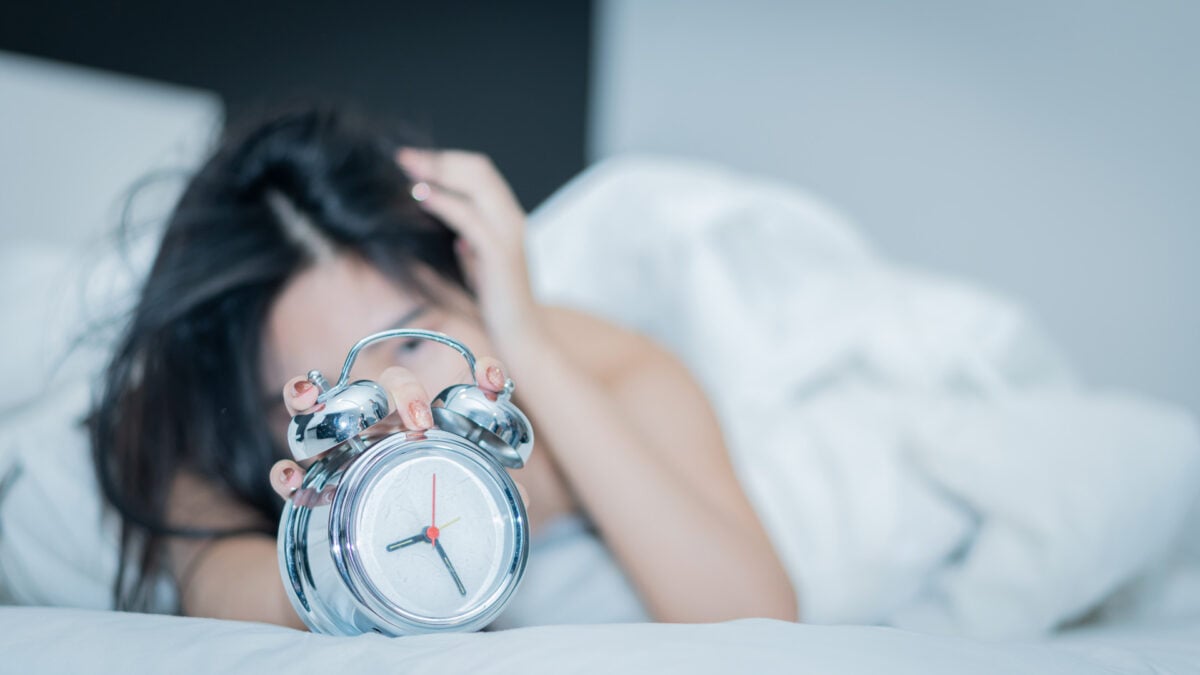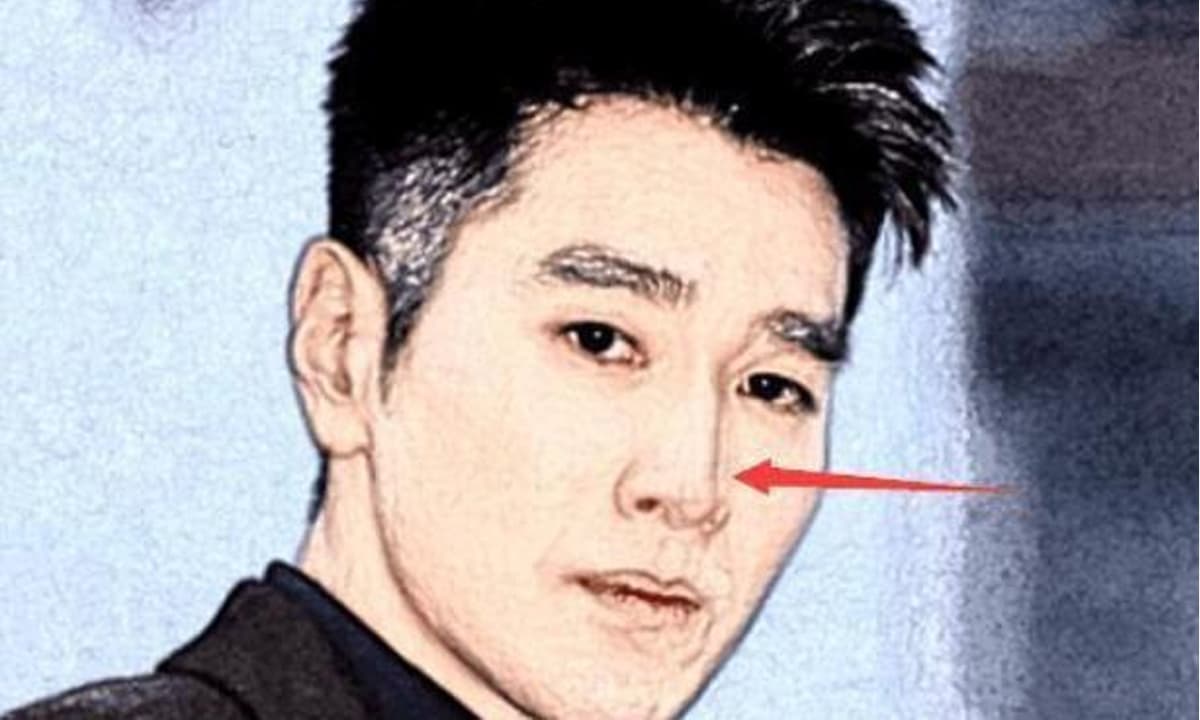Brain Scans Reveal Why Waking Up Is Sometimes Such a Difficult Experience

Want to wake up feeling great? The secret might not be so simple as a multi-step nighttime routine, early bedtime, or a no-device rule. A new study suggests that how we fall asleep and how we wake up the next day may not be so similar as we once thought.
Neuroscientists tracked 20 people’s brain activity as they woke up from sleep—sometimes naturally, sometimes by setting off an alarm—recording more than 1,000 awakenings in total. They found a pattern of neural activity signaled waking, but that the pattern was slightly different in people who were deep in dream-laden REM sleep as opposed to those in non-REM sleep. And people woken from REM sleep were more likely to say they felt tired on waking.
“The surprise is how consistent [this pattern] was across every awakening and also how it related to the subjective measures,” Francesca Siclari, the study’s senior author and neuroscientist at the Netherlands Institute for Neuroscience, told Nature.
The results were published this week in Current Biology.
Each participant had 256 sensors attached to their scalps, which allowed the researchers to track their brain activity at a second-to-second timescale. From there, the researchers were able to reconstruct a visual map of each participant’s brain activity and compared it to how sleepy each participant said they were on waking.
They found that when people were roused during REM sleep, a neural “wave of activation” moved from the front to the back of the brain: the prefrontal cortex, which manages executive function and decision-making, fired up first, followed by a slow “wave” of alertness that ended at the region associated with vision. During non-REM sleep, the wave started in a central “hotspot” and then progressed along the same front-to-back pattern.
The findings could help researchers tease out why some people who struggle with sleep find it hard to wake up feeling refreshed, although more work is needed to understand whether other issues during sleep, like movement, may be at play. Less subjective measures of wakefulness could also help refine the results.
“Knowing exactly how brain activity is characterized during a normal awakening [means] we can better compare it to these abnormal awakenings,” Siclari told Nature.









